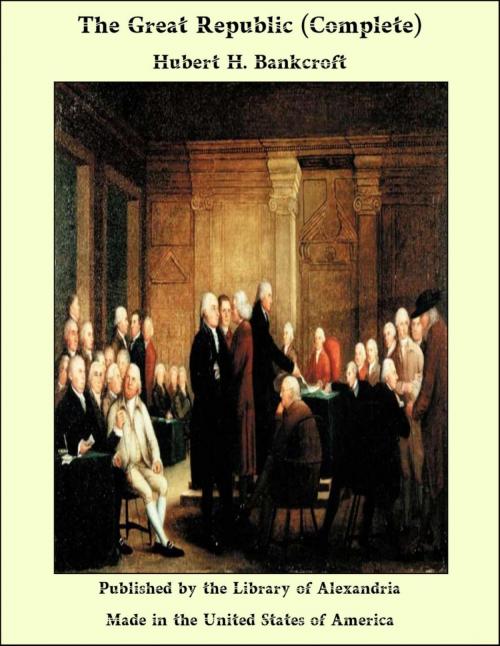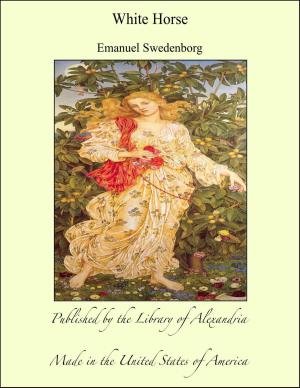The Great Republic (Complete)
Nonfiction, Religion & Spirituality, New Age, History, Fiction & Literature| Author: | Hubert H. Bankcroft | ISBN: | 9781465585554 |
| Publisher: | Library of Alexandria | Publication: | March 8, 2015 |
| Imprint: | Language: | English |
| Author: | Hubert H. Bankcroft |
| ISBN: | 9781465585554 |
| Publisher: | Library of Alexandria |
| Publication: | March 8, 2015 |
| Imprint: | |
| Language: | English |
The written history of America begins with the year 1492, the date of the first voyage of Columbus to its previously-unknown shores. Yet there pertains to the preceding period a considerable variety of interesting material of a semi-historical character, — is part traditional, legendary, and speculative, in part based on researches into the languages, race-characteristics, customs, and antiquities of the American aborigines. Some attention to the abundant literature relating to this earlier epoch seems desirable as a preface to the recent history of America. This literature is in no proper sense American history, yet it is all we know of the existence of man upon this continent during the ages preceding the close of the fifteenth century. It is far too voluminous, and, as a rule, too speculative, to be dealt with otherwise than very briefly, yet it cannot properly be ignored in any work on the history of the American continent. The more speculative portion of this literature has been fully and ably treated by Hubert H. Bancroft, in his “Native Races of the Pacific States,” from which we make our opening Half-Hour selection, lack of space, however, forbidding us from giving more than some brief extracts from his extended treatise on the subject. When it first became known to Europe that a new continent had been discovered, the wise men, philosophers, and especially the learned ecclesiastics, were sorely perplexed to account for such a discovery. A problem was placed before them, the solution of which was not to be found in the records of the ancients.
The written history of America begins with the year 1492, the date of the first voyage of Columbus to its previously-unknown shores. Yet there pertains to the preceding period a considerable variety of interesting material of a semi-historical character, — is part traditional, legendary, and speculative, in part based on researches into the languages, race-characteristics, customs, and antiquities of the American aborigines. Some attention to the abundant literature relating to this earlier epoch seems desirable as a preface to the recent history of America. This literature is in no proper sense American history, yet it is all we know of the existence of man upon this continent during the ages preceding the close of the fifteenth century. It is far too voluminous, and, as a rule, too speculative, to be dealt with otherwise than very briefly, yet it cannot properly be ignored in any work on the history of the American continent. The more speculative portion of this literature has been fully and ably treated by Hubert H. Bancroft, in his “Native Races of the Pacific States,” from which we make our opening Half-Hour selection, lack of space, however, forbidding us from giving more than some brief extracts from his extended treatise on the subject. When it first became known to Europe that a new continent had been discovered, the wise men, philosophers, and especially the learned ecclesiastics, were sorely perplexed to account for such a discovery. A problem was placed before them, the solution of which was not to be found in the records of the ancients.















